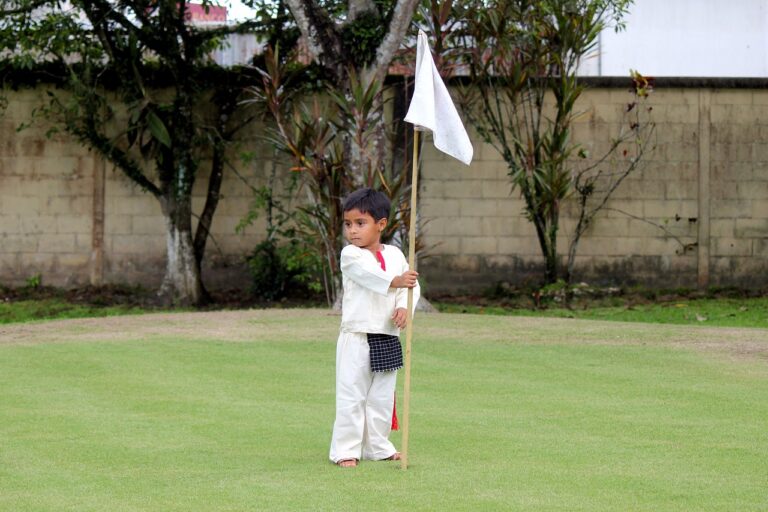The Impact of Early Childhood Education on Long-Term Outcomes
Early learning experiences play a crucial role in laying the foundation for a child’s future academic success and overall development. Research has shown that the early years of a child’s life are the most formative, with rapid brain development taking place during this critical period. Engaging children in stimulating activities and providing them with a nurturing learning environment can significantly impact their cognitive abilities and social skills.
Exposing children to a variety of experiences, such as reading, playing, and interacting with others, can enhance their language development, problem-solving skills, and emotional regulation. By encouraging exploration and curiosity in young children, parents and educators can foster a love for learning that will benefit them throughout their lives. Early learning experiences also help children build a strong foundation for future academic achievements, setting them up for success in school and beyond.
The Role of Early Childhood Education in Cognitive Development
Early childhood education plays a crucial role in shaping cognitive development in young children. Through a combination of structured learning activities and play-based experiences, early childhood education programs help children develop essential cognitive skills. These programs lay the foundation for future academic success by fostering critical thinking, problem-solving abilities, and language development at a young age.
Moreover, early childhood education provides children with a supportive and stimulating environment that encourages curiosity and exploration. By introducing children to a wide range of concepts, such as early literacy and numeracy skills, early childhood education helps to nurture a child’s natural curiosity and eagerness to learn. This early exposure to educational experiences sets the stage for continued cognitive growth and development throughout a child’s academic journey.
What are some examples of early learning experiences that can benefit cognitive development?
Some examples include engaging in interactive play, reading books, exploring nature, and participating in activities that stimulate problem-solving skills.
How does early childhood education contribute to cognitive development?
Early childhood education provides children with structured learning experiences that help develop cognitive skills such as memory, attention, and problem-solving abilities.
At what age should children start participating in early childhood education programs?
Children can start participating in early childhood education programs as early as infancy, but most programs are designed for children aged 3-5 years old.
How can parents support cognitive development at home?
Parents can support cognitive development at home by engaging in activities that encourage learning, providing a stimulating environment, and fostering a love for reading and exploration.
What are some signs that a child may benefit from early childhood education for cognitive development?
Signs that a child may benefit from early childhood education include difficulty with problem-solving, poor attention span, and delays in language development.





